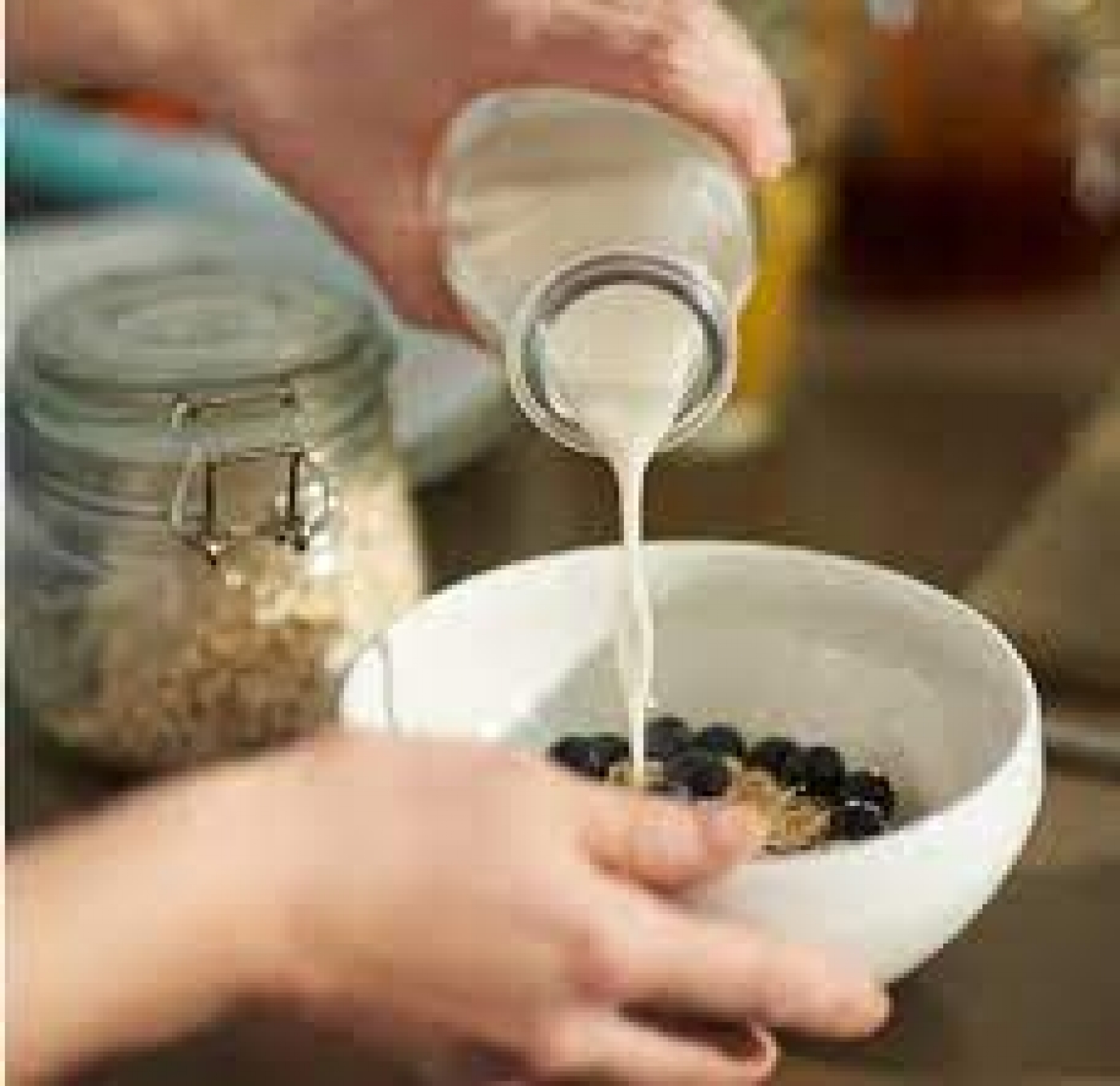The nutritionist was speaking in commemoration of the 2022 World Food Safety Day.
World Food Safety Day is celebrated by the United Nations every June 7 annually. The day is celebrated in conjunction with the Food and Agricultural Organisation, the World Health Organisation and other relevant agencies.
The day, according to the UN is celebrated to “draw attention to and inspire action to help prevent, detect and manage foodborne risks, contributing to food security, human health, economic prosperity, agriculture, market access, tourism and sustainable development.”
The UN estimated that 600 million cases of foodborne illnesses are reported annually.
“Unsafe food is a threat to human health and economies, disproportionally affecting vulnerable and marginalised people, especially women and children, populations affected by conflict, and migrants.
“An estimated 420,000 people around the world die every year after eating contaminated food and children under five years of age carry 40 per cent of the foodborne disease burden, with 125,000 deaths every year,” the UN stated.
The WHO had also warned that “chemical contamination can lead to acute poisoning or long-term diseases, such as cancer. Many foodborne diseases may lead to long-lasting disability and death.”
Speaking further with our correspondent, the Nutrition Security expert said consuming adulterated foods could result in food-borne diseases and other serious health risks.
He said, “if you consume unsafe foods, you are unsafe. When your food is not safe, it cannot be nutritious.”
He disclosed that more fake food products are being discovered in markets by officials of regulatory agencies, stressing that all Nigerians should be alert to the increase in the numbers of charlatan traders selling these products.
These adulterated foods, Owolabi said, are contaminated with dangerous chemicals during handling, processing, and transportation.
Owolabi stressed that poor food handling at home could also put people at risk of food-borne diseases.
“At home also, food safety rules regularly flaunted are inadequate refrigeration of foods, prolonged handling and improper reheating of cooked food, and food contamination by commercial or household food handlers also puts people at risk of diseases also.
“An example of how foods are contaminated is when contaminated raw and undercooked meat products and milk are consumed. This can transmit E. Coli to the consumers, and this can be a major cause of both bloody and non-bloody diarrhoea. The recommendation is to cook all meat properly.
“Also, L. monocytogenes found in various raw and processed foods, such as milk and cheese, meat, sea foods, and fish can be harmful to vulnerable target groups such as pregnant women, newborn babies, and the elderly,” he said.
Source: latestnews.ng







